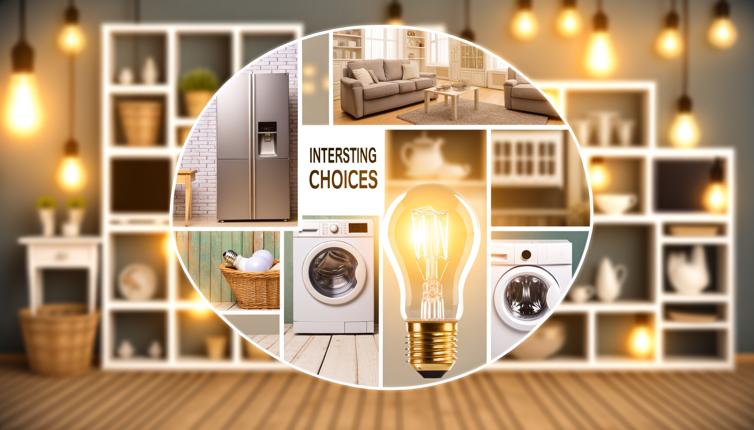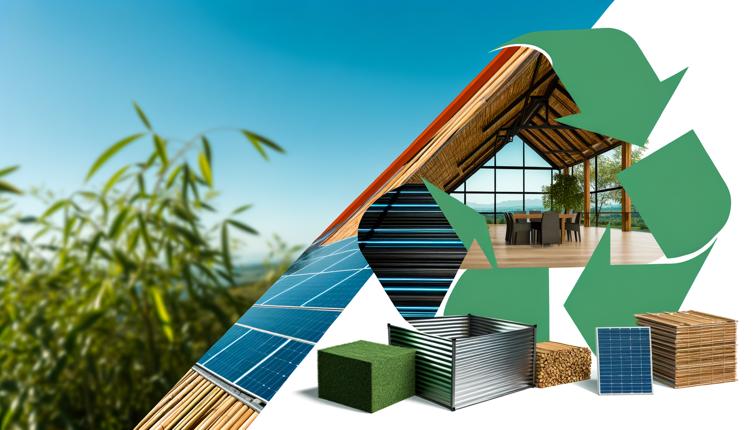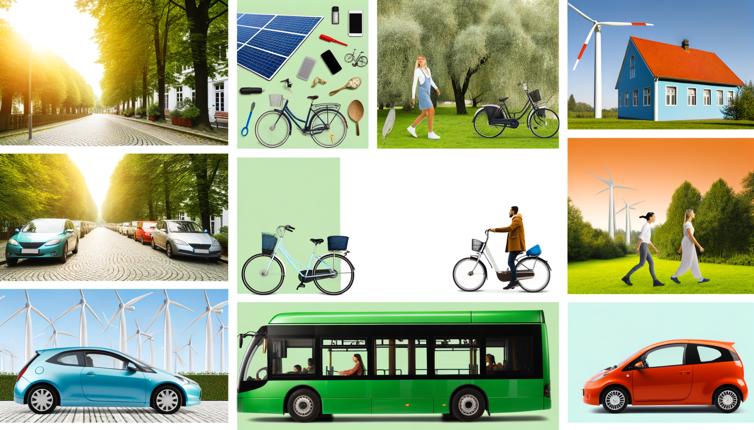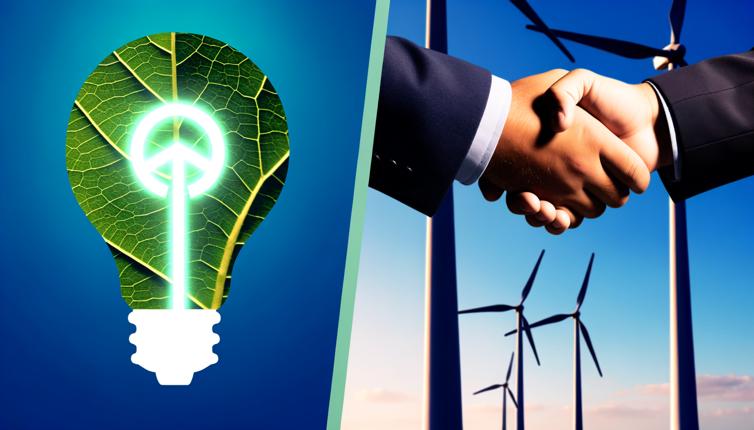Understanding Energy Efficiency
Energy efficient appliances are designed to use less energy while still providing the same level of performance and functionality as their conventional counterparts.,These appliances are able to achieve this through various technological advancements, such as improved insulation, better heat exchange systems, and advanced energy management systems.,By using less energy, energy efficient appliances not only help reduce our carbon footprint but also result in significant cost savings on our energy bills.
Types of Energy Efficient Appliances
There are several types of energy efficient appliances available in the market today.,1. Energy Efficient Refrigerators: These refrigerators are designed with better insulation and more efficient compressors, resulting in lower energy consumption.,2. Energy Efficient Washing Machines: These washing machines use less water and electricity by incorporating advanced technologies like load sensing and using high-efficiency motors.,3. Energy Efficient Dishwashers: These dishwashers have improved water and energy management systems, reducing water wastage and energy consumption.,4. Energy Efficient Air Conditioners: These air conditioners utilize advanced heat exchange technology and smart energy management systems to optimize energy usage.,5. Energy Efficient Lighting: LED lights are highly energy efficient and can significantly reduce electricity consumption compared to traditional incandescent or fluorescent lights.
Benefits of Energy Efficient Appliances
1. Cost Savings: Energy efficient appliances consume less energy, resulting in lower energy bills and long-term cost savings.,2. Environmental Impact: By using less energy, these appliances help reduce greenhouse gas emissions and contribute to a sustainable future.,3. Increased Longevity: Energy efficient appliances are often built with higher quality components, resulting in longer lifespan and fewer maintenance issues.,4. Improved Performance: Despite using less energy, energy efficient appliances maintain the same level of performance and functionality as conventional appliances.,5. Potential Rebates and Incentives: Many governments and utility companies offer incentives and rebates for purchasing energy efficient appliances, further reducing the overall cost.
Conclusion
Investing in energy efficient appliances is a wise decision for both the environment and our wallets. By reducing our energy consumption, we can contribute to a more sustainable future while also enjoying significant cost savings. So, the next time you're in the market for a new appliance, be sure to check for the Energy Star label and choose the most energy efficient option available.









